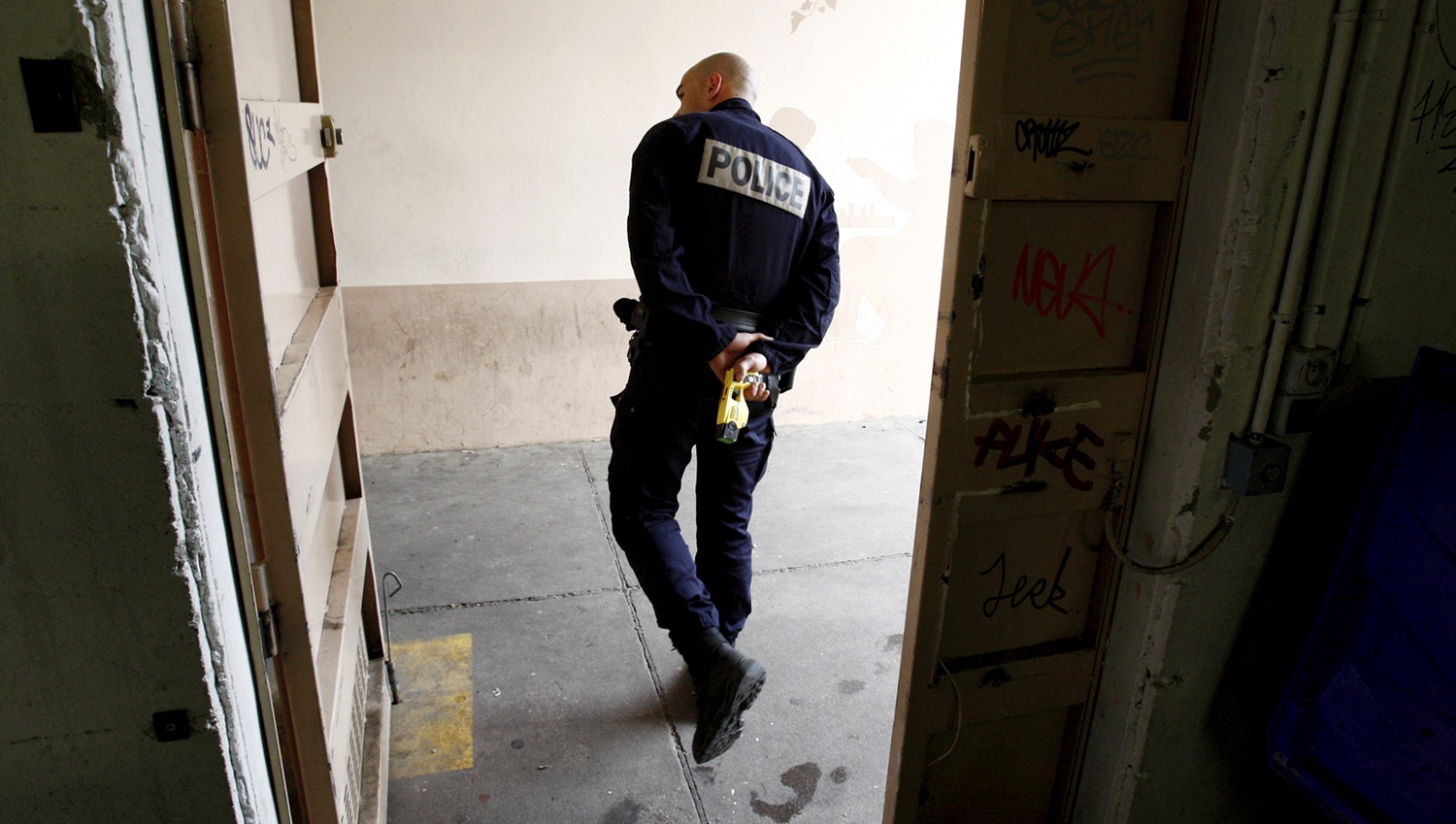
(T)Error
Dustin Chase
(T)ERROR is a troubling documentary about the FBI’s use of paid informants to identify individuals who might be terrorists. Lyric Cabral and David Felix Sutcliffe writers and directors, follow an informant during his work with three “persons of interest” (POI). Lyric had known Saeed (aka “Shariff”) since her childhood, when he suddenly disappeared from her apartment building where he used to live. But one day he called her in a panic for his safety and informed her of his activities. He called presumably because she was aspiring to be a documentarian and he toyed with the idea of her telling his story, and yet he was clearly ambivalent about being filmed. Nevertheless, he allowed the project to proceed.
Saeed actually had a criminal record, but that didn’t seem to concern the FBI when they asked him to be an informant. He had been a member of the Pink Panthers in the l960’s when J. Edgar Hoover instructed FBI agents to begin recruiting informers to aid in his investigations. This practice was intensified after 9/11, and they now had 15,000 informants. In the 1960’s, Saeed was arrested for his activities with the Pink Panthers (stealing from public organizations to give to “the masses”, impersonation of a transit policeman, and possession of weapons). He says that he was recruited to be an informant at the time of his arrest, and when he gave information about suspects in the first World Trade Center bombing, his sentence was reduced.
Groundbreaking in its being the first film to document an FBI investigation in progress
Over the coming years, he continued to inform for the FBI, and the film covers several of his POI’s. One ethical question posed by the film has to do with the informants’ getting to know suspects, gaining their trust, and then informing on them. Sometimes, it seems, they even prod them into doing something wrong. In one case, the FBI bungled an operation, exposing Saeed who had come to the conclusion that the suspect was not a terrorist. Nevertheless, the man was convicted and sent to prison. In protest, he contacted the Project SALAM organization, which offers support and advocacy for Muslims, and a suit against the FBI is in the works.
The filmmakers avoid taking a position about the issues posed; they want the viewer to make up his/her own mind. (T)error won the Special Jury Award for Breakout First Feature at the Sundance Film Festival earlier this year, and the story is profiled in a segment on This American Life: http://www.thisamericanlife.org/radio-archives/episode/566/the-land-of-make-believe?act=2#playhttp://www.thisamericanlife.org/radioarchives/episode/566/transcript
(T)error is groundbreaking in its being the first film to document an FBI investigation in progress, which also makes it risky for the filmmakers. So far, the FBI has only responded with a comment about its being “educational” and about the FBI having strict guidelines for undercover operations (http://www.nytimes.com/2015/09/03/movies/-t-error-focuses-on-informant-and-piques-fbis-interest.html?_r=0
Final Thought
A well measured, compelling documentary detailing some FBI undercover work.
